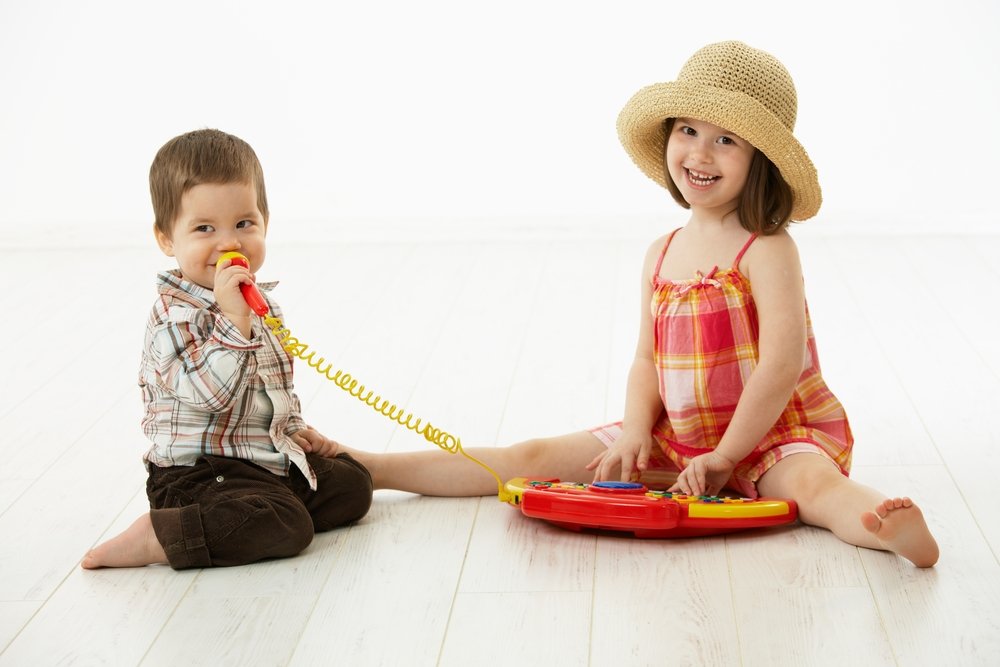Key points:
- Socioemotional benefits: Singing is a shared activity that builds social skills, regulates emotions, and models self-care.
- Physical, cognitive, and linguistic benefits: Encourages dancing for fine motor skills, introduces educational content, and stimulates communication skills. Variety in songs helps notice patterns of speech.
The benefits of singing to your baby from a young age are well documented, but the fun really begins when your baby is old enough to sing along. Because children start to develop stronger memory and attention skills by age two, they become capable of remembering melodies and lyrics. Amazed by their own minds, toddlers often sing the same songs over and over again (even if they only know five words!). Although hearing the first few letters of the ABCs sung on repeat may get on our last nerve, this is an important step in a child’s developmental journey. The least we can do is sing along!
Singing, dancing, and listening to music supports four key areas of development:
- Socioemotional: Singing is generally a shared activity. Whether a child is singing with their parents, a sibling, or friend, they’re building social skills. Singing can also help regulate emotions. If your child is upset, putting on calming music or singing a lullaby is a great way to model appropriate self-care.
- Physical: Dancing builds fine motor skills, rhythm, balance, and coordination and helps a child discover what their body can and cannot do. Encourage your child to dance, clap, and move along to the beat.
- Cognitive: Songs are a great way to “sneak in” educational content. There are songs about numbers, animals, the environment, etc. Plus, songs tend to vary in length, rhyme, and intonation. As a child’s memory develops, songs help children notice various patterns of speech.
- Linguistic: Singing stimulates both expressive and receptive communication skills. Choosing a wide variety of songs will teach your child new vocabulary and encourage listening practice. If your child is learning a second language, songs are a great way to pick up new words!
When it comes to experiencing the full developmental benefits of music, listening isn’t enough. Just like talking, we learn through practice and expression. Encourage your baby to sing, clap, and dance along to whatever songs you choose. Make sure you select from a variety of genres and let your taste be the guide. Experts say you don’t have to play “children’s music”. Try experimenting with classical, soft rock, or international tunes. As long as the lyrics are age-appropriate, your options are limitless.
Myrna Garcia is a clinical psychologist with a specialization in Early and Preschool Education. She is trained in childhood learning difficulties and has worked with children of all ages. She has been a preschool teacher and has worked with kids in STEAM programs, as well as teaching a second language. Myrna is very interested in Early Childhood Development and will continue helping parents get informed and work with their kids.








